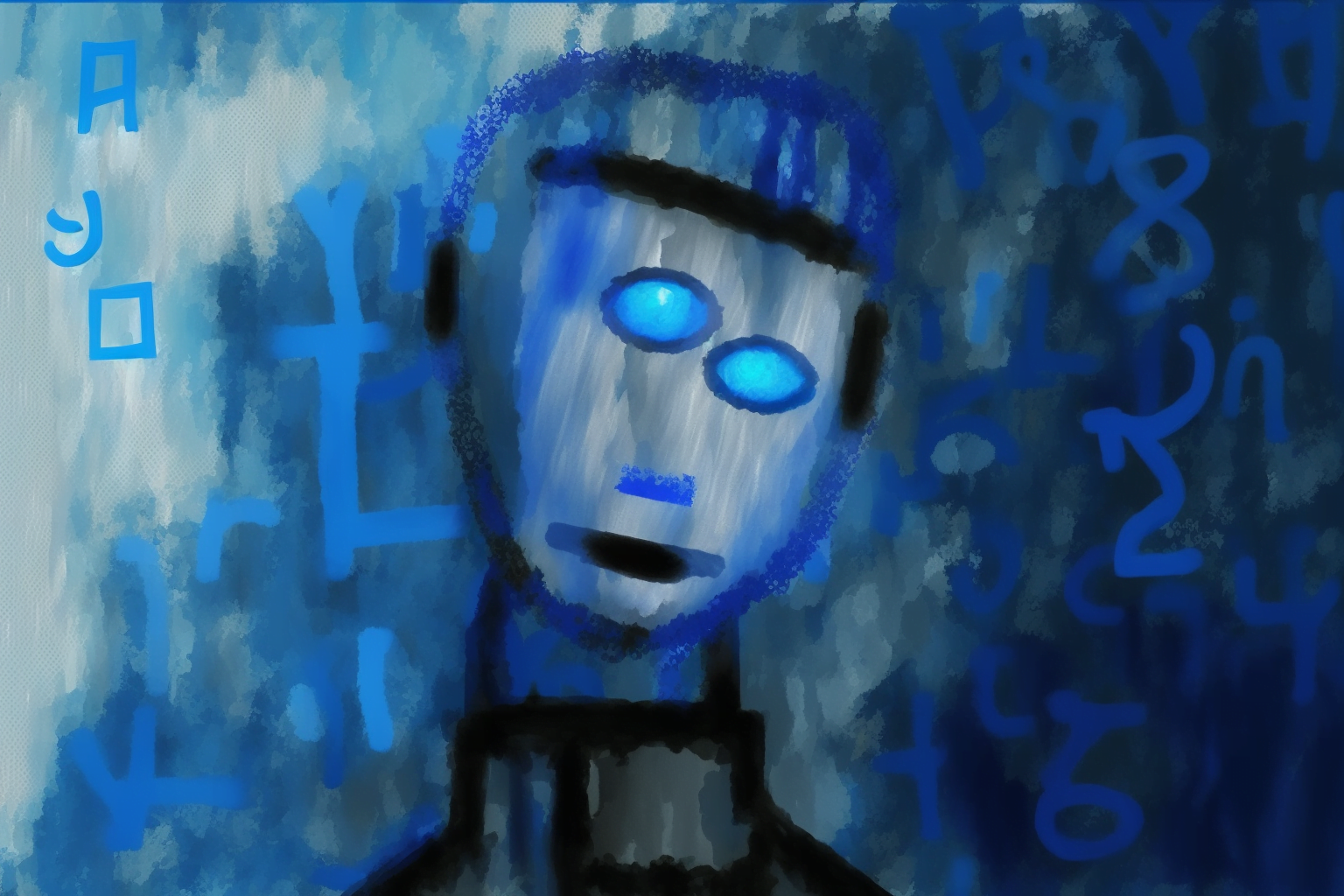Microsoft extends Bing Chat to more browsers amid open ecosystem issues

Microsoft is improving Bing Chat and plans to release it for other browsers. The context window is getting bigger, which should have a positive effect on the quality of generated content. But many questions remain about the chatbot ecosystem and copyright.
Microsoft's head of search Mikhail Parakhin announced the Bing Chat updates on Twitter. According to him, the first experimental support for other browsers will "hopefully" be rolled out with a major update in June.
Currently, Bing Chat only runs on Microsoft's Edge browser. Integration with other browsers, such as Firefox and Chrome, could be a growth driver for the chatbot, in line with Microsoft's strategy to evolve Bing Chat from a product to a platform. OpenAI's ChatGPT and Google Bard are also available in many browsers through the web interface.
Microsoft has also redesigned Bing Chat for a "large-scale plugin rollout," according to Parakhin. In the future, every feature of the chat will work as a plugin, including facets of Internet search. This will make Bing Chat more flexible and easier to add new sources without affecting everything else, Parakhin writes.
Bing Chat gets a larger context window
Part of the June update will be a larger context window for Bing Chat's "balanced" mode, Parakhin says. A larger context window allows the AI model to look at more tokens, parts of sentences and words, at the same time before generating a response.
Think of the context window as the brightness of a flashlight: The brighter it shines into the dark room, the more details you can see and describe, such as whether you are in the dining room or the bedroom. Chairs and tables might be in both rooms, but a bed is likely only in the bedroom.
So, the larger the context window, the better the word prediction works, which has a positive effect on the quality of the generated content.
Other improvements in the June update, according to Parakhin, include a lower disengagement rate, especially in code generation, and improvements to the Bing Image Creator, which is already based on an improved version of OpenAI's DALL-E 2.
The fact that Google Bard is significantly faster than Bing Chat is because Google is using a "much smaller model," according to Parakhin. Google CEO Sundar Pichai has already announced that Bard will use more capable language models in the future.
Microsoft and Google are rushing to create a new Web ecosystem, but they don't have a plan for who will pay for it and how
OpenAI is also aggressively rolling out its ChatGPT app alongside its browser version. It is already available in 152 countries. How this new chatbot content ecosystem from Microsoft, Google, and OpenAI will work, however, is still unclear.
Take, for example, Google's generative AI search, which is currently in early testing and raises even more questions with its direct AI answers.
Google is experimenting with AI-generated answers that appear at the top of the familiar Google search interface. Follow-up questions can be seamlessly routed to a chatbot system for further questioning. Google currently has a clear lead over Bing Chat and ChatGPT when it comes to multimedia design and integration with other services such as Maps and Product Search.
It remains to be seen whether the quality of chat responses will meet users' needs better than human-written content on web pages. But it seems likely that it will: for example, early tests indicate that Google's language model modifies the content of web pages only slightly, so the quality should be similar on average.
Microsoft's Bing chat and OpenAI's ChatGPT with Bing web browsing work similarly. Content is paraphrased and rewritten to a greater or lesser extent. Whether these rewritten AI texts constitute plagiarism or copyright infringement, and whether fees are due, will likely have to be determined by the courts.
Google and Microsoft say that their new chatbot services are still focused on driving traffic to external sites and that publishers should be able to leverage the success of chatbots. But given how these systems work, it may be lip service: Compared to traditional Internet search, chatbots are designed to provide answers to searchers as directly as possible within the existing interface and to offer maximum convenience. But if clicks to external sites stop, website publishers won't have the money or the incentive to create new content.
Will the chatbot dry up - or will Microsoft and Google hire editorial teams to write chatbot content in the future? At least the latter is something that competition authorities and lawmakers are likely to object to. So what is the solution?
AI News Without the Hype – Curated by Humans
As a THE DECODER subscriber, you get ad-free reading, our weekly AI newsletter, the exclusive "AI Radar" Frontier Report 6× per year, access to comments, and our complete archive.
Subscribe nowAI news without the hype
Curated by humans.
- Over 20 percent launch discount.
- Read without distractions – no Google ads.
- Access to comments and community discussions.
- Weekly AI newsletter.
- 6 times a year: “AI Radar” – deep dives on key AI topics.
- Up to 25 % off on KI Pro online events.
- Access to our full ten-year archive.
- Get the latest AI news from The Decoder.